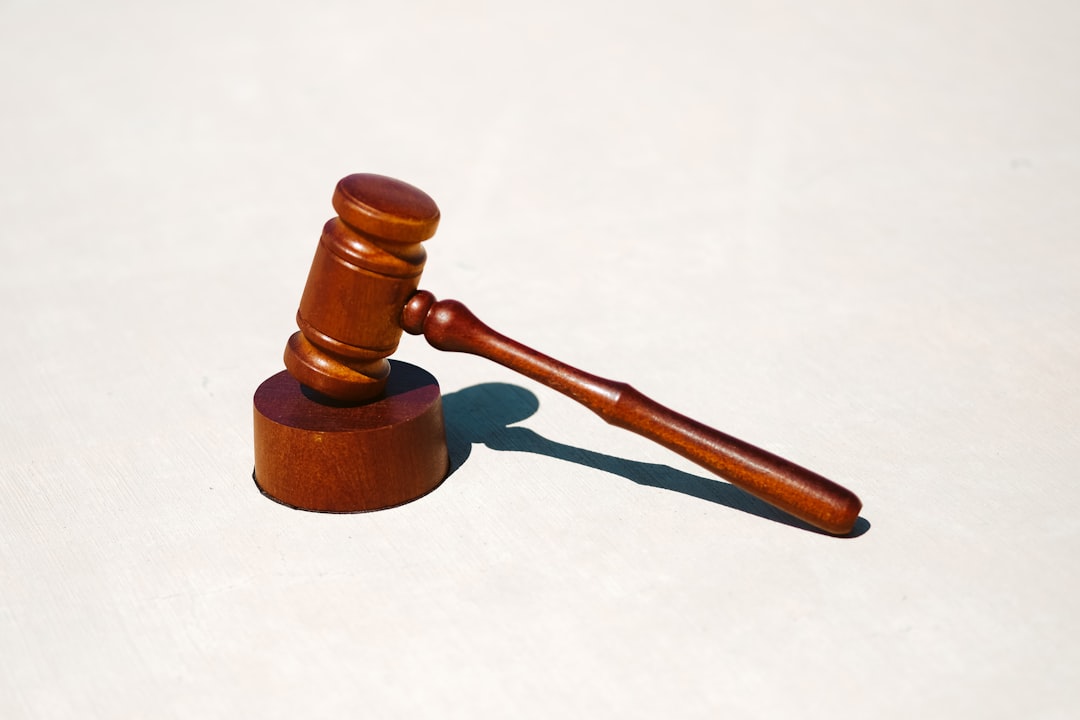Michigan's robust legal framework, led by the Michigan Debt Collection Act (MDCA), regulates debt collectors and protects consumers through strict rules enforced by debt collector lawyers. These professionals ensure compliance with documentation, communication, and ethical standards, facilitating fair debt recovery while preventing abusive practices. Consumers have key rights, including validation of debt and protection from harassment. Non-compliance leads to severe penalties, with the Michigan Attorney General's office actively enforcing laws and the Michigan Bar Association disciplining non-compliant lawyers.
Michigan has stringent laws in place to ensure fair practices by debt collectors, protecting consumers from aggressive or unlawful collection tactics. This article explores the comprehensive legal framework governing debt collectors in Michigan, focusing on the Fair Collection Practices Act (FPCA). We delve into the crucial role of debt collector lawyers in ensuring compliance, while also highlighting consumer rights and protection measures. Understanding these regulations is essential for both creditors and debt collector lawyers to navigate the intricate landscape of Michigan’s collection practices effectively.
Michigan's Legal Framework for Debt Collectors

Michigan has a robust legal framework in place to regulate and enforce compliance among debt collectors operating within its borders. The state’s laws are designed to protect consumers from aggressive or unfair collection practices while ensuring that legitimate debts are recovered. At the heart of this framework is the Michigan Debt Collection Act (MDCA), which sets forth specific rules and regulations for debt collectors, including registration, disclosure, and fair collection standards.
Under the MDCA, debt collector lawyers in Michigan play a crucial role in upholding consumer rights. These legal professionals specialize in ensuring that debt collection agencies adhere to the state’s laws, including proper documentation, fair communication practices, and the avoidance of abusive or deceptive tactics. Consumers who believe their rights have been violated can seek legal redress, providing a vital check on the powers of debt collectors.
Enforcing Fair Collection Practices Act (FPCA)

In Michigan, enforcing the Fair Collection Practices Act (FPCA) is a crucial aspect of ensuring responsible and ethical debt collection practices. The FPCA, part of the Federal Trade Commission’s (FTC) regulations, sets forth guidelines to protect consumers from abusive or deceptive collection efforts. Debt collector lawyers in Michigan play a vital role in navigating these regulations and upholding consumer rights.
These attorneys help debt collectors stay compliant by advising on issues like proper disclosure of debt information, restrictions on contact frequency, and the handling of sensitive consumer data. Through legal expertise, they ensure that debt collection agencies adhere to the FPCA’s requirements, fostering a fair and transparent process for all parties involved.
Role of Debt Collector Lawyers in Compliance

In Michigan, debt collector lawyers play a pivotal role in ensuring compliance with state and federal regulations governing debt collection practices. These legal professionals are essential to navigating the complex landscape of consumer protection laws, such as the Fair Debt Collection Practices Act (FDCPA) and the Michigan Debtor and Creditor Code. They help debt collectors understand their rights and responsibilities, providing guidance on acceptable collection methods and prohibiting abusive or unfair tactics.
Debt collector lawyers in Michigan assist in drafting and reviewing contracts, policies, and procedures to ensure they adhere to legal standards. They offer training and education to collection staff, fostering a culture of ethical and compliant practices. Moreover, these lawyers are adept at handling consumer complaints, internal audits, and potential litigation, thereby safeguarding the interests of both debt collectors and debtors alike.
Consumer Rights and Protection Measures

In Michigan, consumers are protected by a series of laws designed to ensure fair practices in debt collection. These include stringent regulations on how debt collectors can interact with individuals, with the aim of preventing harassment and coercion. Consumers have the right to request validation of their debt, ensuring that the amount demanded is accurate. They can also demand that communication from debt collectors cease if it becomes harassing or threatening.
Michigan’s Attorney General plays a pivotal role in enforcing these consumer rights by investigating complaints against debt collectors and taking legal action when necessary. Debt collector lawyers in Michigan are instrumental in guiding consumers through their rights and resolving disputes, ensuring that both parties adhere to the law. This robust framework of protection measures fosters a more transparent and accountable environment for debt collection activities within the state.
Penalties for Non-Compliance in Michigan

In Michigan, non-compliance with debt collection regulations can result in severe penalties for debt collectors and their attorneys. These include substantial fines and potential legal repercussions. The Michigan Attorney General’s office actively enforces state laws designed to protect consumers from abusive or unfair debt collection practices. Violations may lead to civil lawsuits, where consumers can seek damages and injunctive relief to stop the unauthorized activities.
Debt collector lawyers in Michigan are expected to adhere to strict guidelines regarding communication methods, disclosure of information, and overall conduct. Failure to comply can result in disciplinary actions by the Michigan Bar Association, including suspension or revocation of law licenses. Consumers who believe they have been harmed by non-compliant debt collectors are encouraged to consult with experienced legal counsel to understand their rights and available remedies under both state and federal laws, such as the Fair Debt Collection Practices Act (FDCPA).






